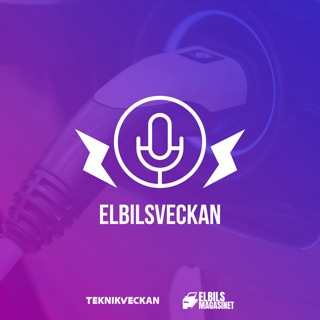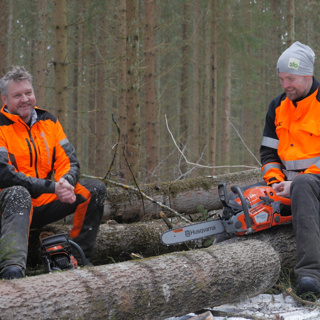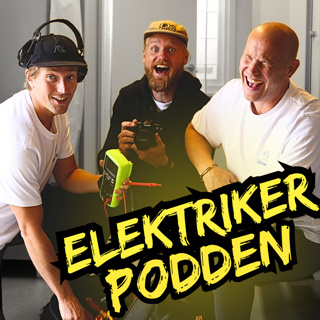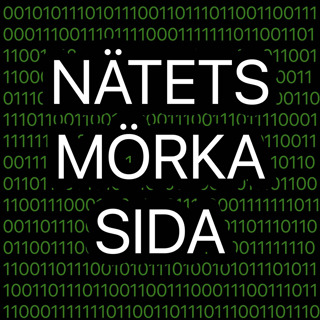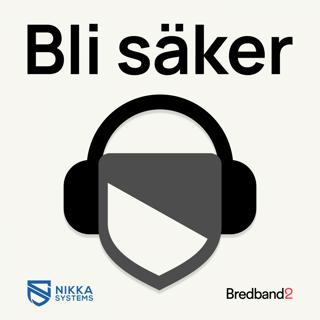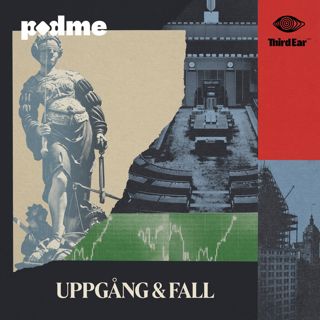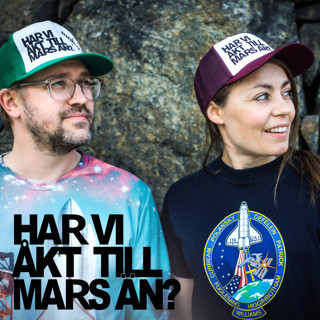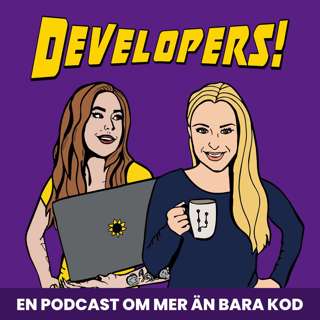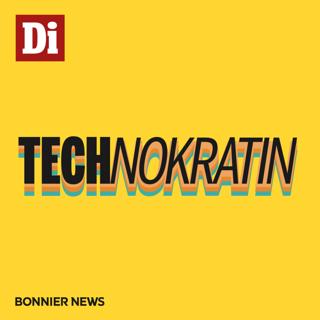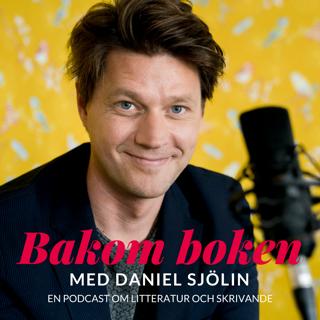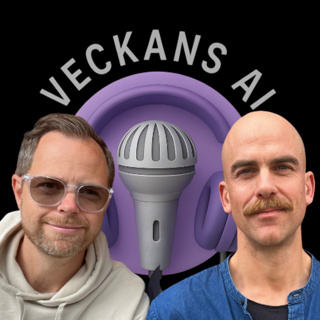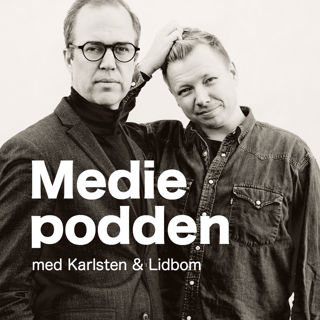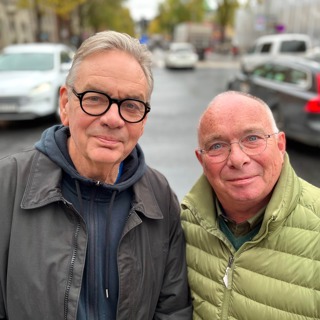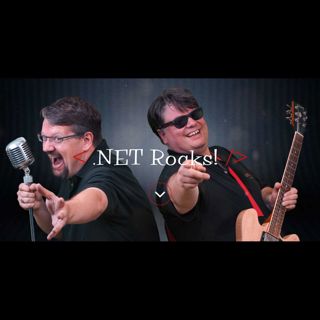
Messaging is Forever with Clemens Vasters
Messaging is taking over the world! Arguably it already has. Carl and Richard talk to Clemens Vasters about his ten years of work at Microsoft building messaging systems, starting way back with the .NET Service Bus. Clemens discusses his work with OASIS and OPC-UA developing more advanced messaging standards, it's importance in the Internet of Things space, and how versions matter - different protocols have different capabilities, and the need for unified communications is only getting bigger. Messaging is forever - message systems will be passing messages between ever shrinking computing devices for a long, long time.Support this podcast at — https://redcircle.com/net-rocks/donations
12 Jan 201658min

Mature Open Source Projects with Jimmy Bogard
What is it like managing a mature open source project? Carl and Richard talk to Jimmy Bogard about his experiences with AutoMapper, an open source project he started back in 2009 that is still going strong today. While open source has been around for many years, the ecosystem has been evolving, and Jimmy talks about how site like GitHub and Stack Overflow has made it much easier to stay engaged with your user base and have meaningful conversations about code - without having to repeat yourself over and over. The discussion also dives into the challenges of contributions, people's sometimes unreasonable expectations, and just being patient with the world while you write code you actually use. Great thinking from a guy who's been there!Support this podcast at — https://redcircle.com/net-rocks/donations
7 Jan 201655min

Functional Microservices with Rachel Reese
Microservices built with a functional language? You bet! Carl and Richard talk to Rachel Reese about her work with jet.com building microservices in F#. It turns out that the good practices of building functional code lend themselves neatly to the same principles in microservices. Rachel also talks about the actor model as a natural fit for this architecture as well, writing code with simple entry and exit points as functions in F#, focusing on composability to relate elements together. There are lots of ways to build microservices, but the functional/actor approach makes things easier once you've gotten your head around it - check it out!Support this podcast at — https://redcircle.com/net-rocks/donations
6 Jan 201647min

Microsoft DevOps Stack with Brian Randell
Do you have a DevOps stack? Carl and Richard talk to Brian Randell about his experiences implementing tooling for DevOps practices using Visual Studio and other Microsoft tools. The conversation runs the gambit of elements in the DevOps stack, including continuous deployment, package management, configuration-as-a-code and instrumentation in production. The more automation the better when it comes to moving fast and reliably. While DevOps often focuses on the culture and process that goes into building software, great tools can make all of those things happen much more easily - you just have to figure out what stack is right for you!Support this podcast at — https://redcircle.com/net-rocks/donations
5 Jan 201652min

Old Programmers with Gary Wisniewski
What is the good and bad of being an old programmer? To wrap up 2015, Carl and Richard chat with Gary Wisniewski about his blog post on the subject and more! Gary is the same Gary of Carl and Gary's VB Home Page, one of the first web sites on Visual Basic way back in 1994. The conversation digs into what's great about having lots of experience, and how it came hold you back as well. There's no magic to being a programmer at 20 years old and there's no magic when you're 60 either - it's got more to do with your thinking than your age! And hey, while we're at it, have a great new year! See you in 2016!Support this podcast at — https://redcircle.com/net-rocks/donations
31 Dec 201559min

GitHub Fundamentals with Bill Wagner
Do you understand how to develop software with GitHub? Carl and Richard walk through the fundamentals of GitHub with Bill Wagner. Bill walks through the key differences between the distributed source control that is GitHub versus the more classic central control style source control systems. Often it is harder for experienced developers to deal with the reality of GitHub than someone new to source control! The conversation explores all the concepts of GitHub - repositories, cloning, forking, push and pull requests, merging and rebasing. There's a lot to know, but there are great tools for getting started. And at the end, a quick discussion about Humanitarian Toolbox and their awesome open source projects to help save lives - you can help!Support this podcast at — https://redcircle.com/net-rocks/donations
30 Dec 201559min

Windows Workflow with Blake Helms
When was the last time you thought about Windows Workflow? Carl and Richard talk to Blake Helms about the projects he's been building with Workflow - and they're awesome! Blake talks through how Workflow has evolved into the latest version for .NET 4.5, with better visualization tools and a consistent interface that is easy to work with. The conversation digs into how Workflow separates work from flow - activities are code and flows are the relationships between them. This separation lets you see where there are holes in your decision-making system and helps keep code organized and focused. The question is, when wouldn't you use Workflow? Wait. What?Support this podcast at — https://redcircle.com/net-rocks/donations
28 Dec 201549min

Technical Debt isn't Technical with Einar Høst
How technical is technical debt? Carl and Richard talk to Einar Høst about how technical debt has more to do with your understanding of a system and the intentional shortcuts we take to make deadlines than anything specific to technology. The conversation dives into the domain driven design thinking of Eric Evans and the challenges of deeply understanding the domain of a system well enough to build great software to model it. As Einar puts it, some complexity is intentional, and some is accidental. That accidental complexity can be considered technical debt, but it is always challenging to measure it. In the end, the key is communications!Support this podcast at — https://redcircle.com/net-rocks/donations
24 Dec 201554min



